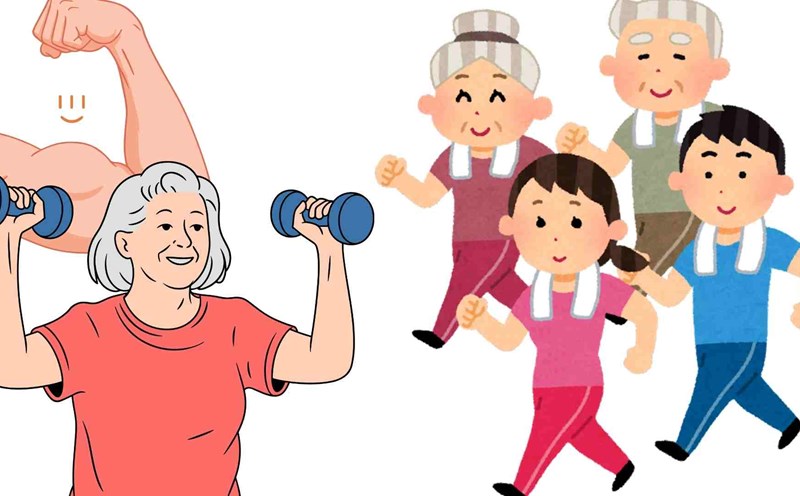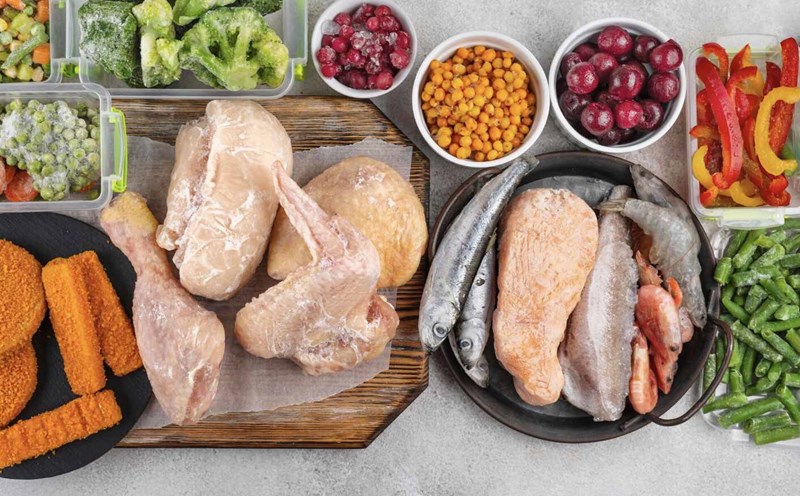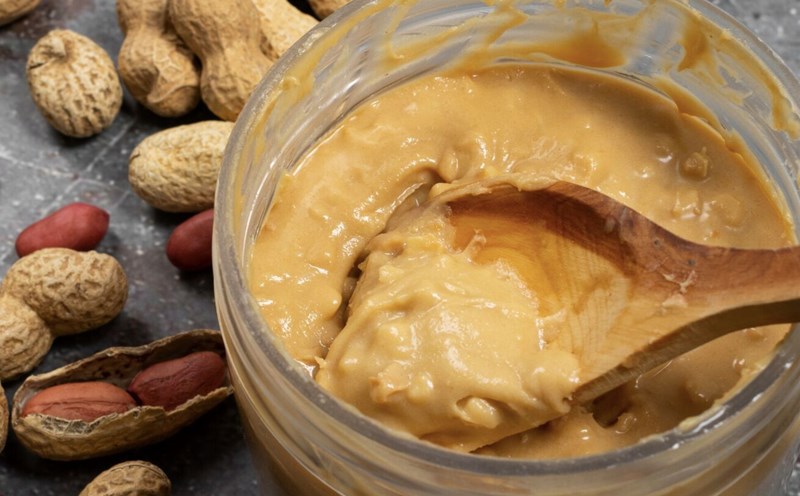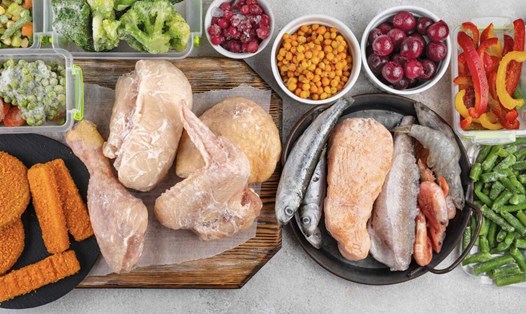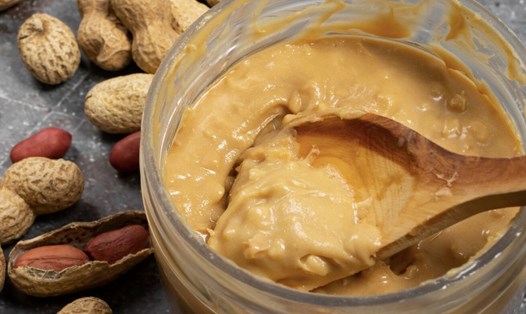correct understanding of protein-rich foods
Protein is an essential nutrient that helps build muscle and repair cells. However, according to clinical nutritionist Halle Saperstein ( Henry Ford West Bloomfield Hospital, USA), a food is only considered rich in protein when it has at least 20% of its ingredients in protein.
Many people eat emotionally, believing that just having protein is enough. But not all protein foods are rich in protein," Ms. Saperstein emphasized.
6 foods that easily make you wonder about the amount of protein
Almond milk: Although a good choice for people with lactose intolerance, a glass of almond milk contains only 2g of protein, much less than 8g of protein in cow's milk.
Avocado: This fruit is rich in healthy fats and potassium, but half an avocado only has about 1.5g of protein, which is too little to consider a source of protein.
Hummus: Each small portion of hummus (1/4 cups) contains only 2g of protein, mainly fat and starch from mashed chickpeas.
Ganola sugar: Not all sugar is nutritious. Many types only contain 1 - 3g of protein, while experts recommend choosing types with 10 - 15g of protein per bar.
Peanut butter: A serving (2 tablespoons) provides 7g of protein, but most of the energy comes from fat. According to nutritionist Theresa Gentile ( dietese Institute of Nutrition and Dietetics, New York): "Combine peanut butter with Greek yogurt or whole wheat bread to increase protein intake".
Cheese: Cheese is rich in calcium and energy, but not high in protein. Ms. Gentile notes that eating a variety of seafood, eggs, soy, lean meat and low-fat milk helps the body get enough protein every day.
According to the recommendation, each person needs 0.8g of protein per kg of weight per day, equivalent to 48g for a person weighing 60kg. Most of us have consumed enough protein from natural foods, so we dont necessarily have to use skim milk or supplements, says Saperstein.
The best way is to maintain a balanced diet, combining carbohydrates, healthy fats and protein at each meal.

